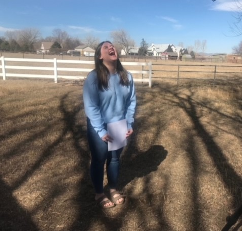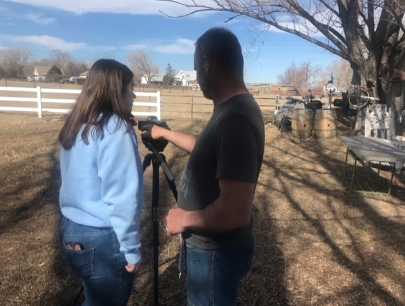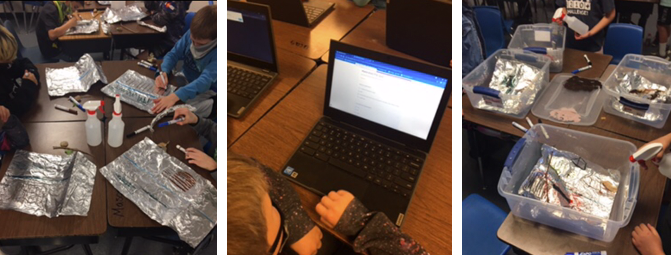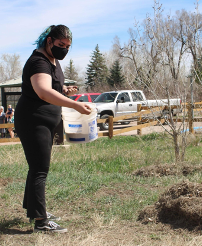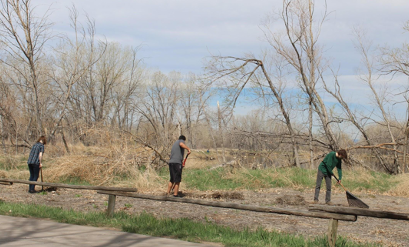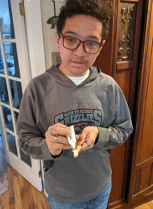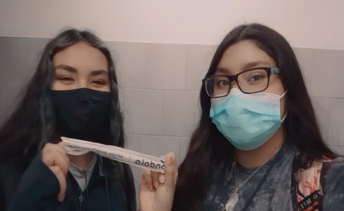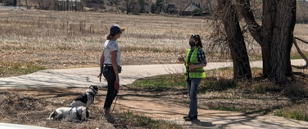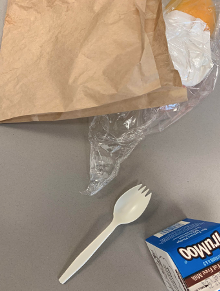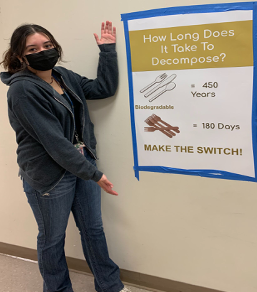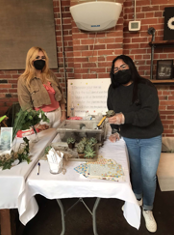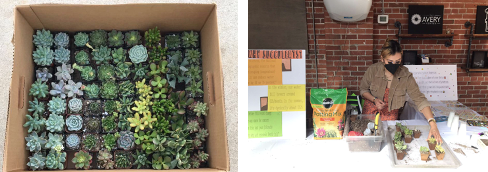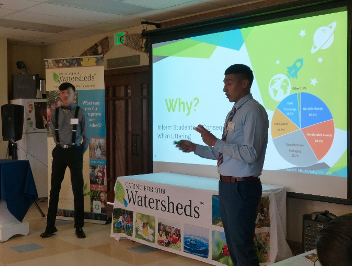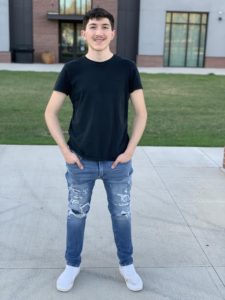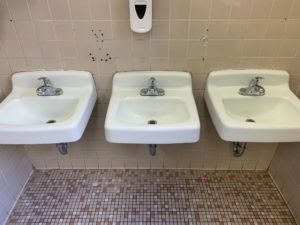Dayspring Christian Academy Greeley, Colorado, USD
Aluminum makes up a large portion of our waste worldwide. Karrin Chandler, Corrin Sides, and Kylie Van Iddekinge from Dayspring Christian Academy found that a large portion of aluminum was being tossed into the landfill instead of being recycled. Through their research, they found that when aluminum is dumped into the landfills, it quickly breaks down and reacts to produce unwanted heat, liquid leachate, and other gasses, including carbon dioxide. This can cause harmful reactions with other items in the landfill. Runoff from these landfills causes aluminum leachate that contaminates our watershed. To address this concern, Karin, Corrin, and Kylie started a recycling program at their school to encourage their peers to recycle their aluminum cans. They also lead educational sessions at their school about aluminum recycling and its benefits for our watershed. With their efforts, they managed to contribute to Target 6.3 and 12.5 of the Sustainable Development Goals. Their school has embraced this recycling program and the bins have filled up quickly! With the help of future science classes, the program will continue to be maintained for years to come.
